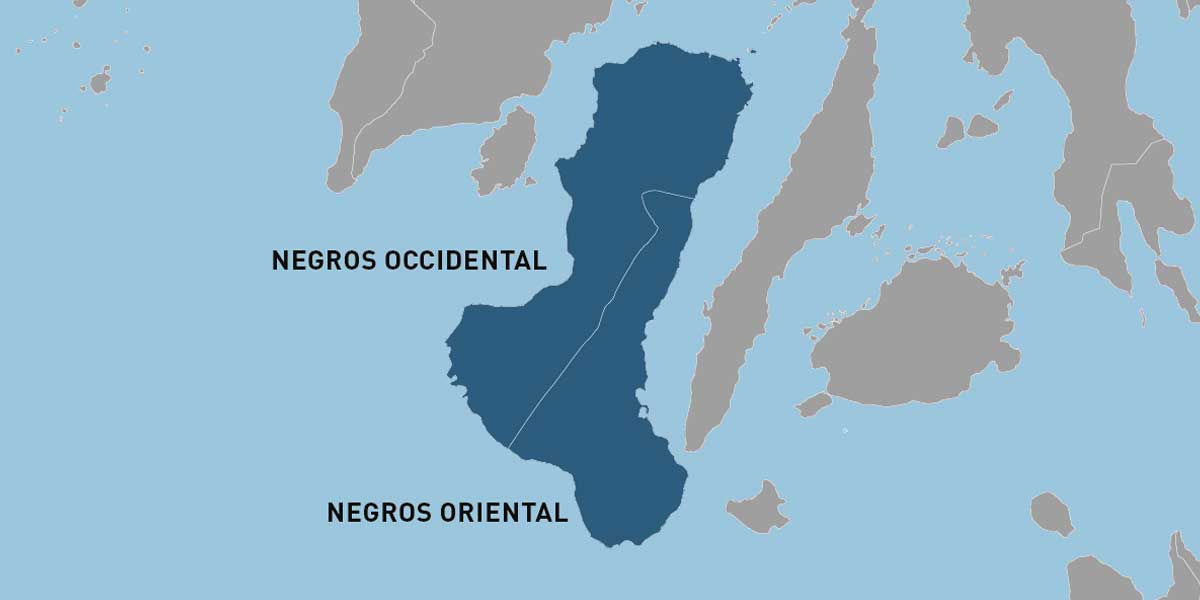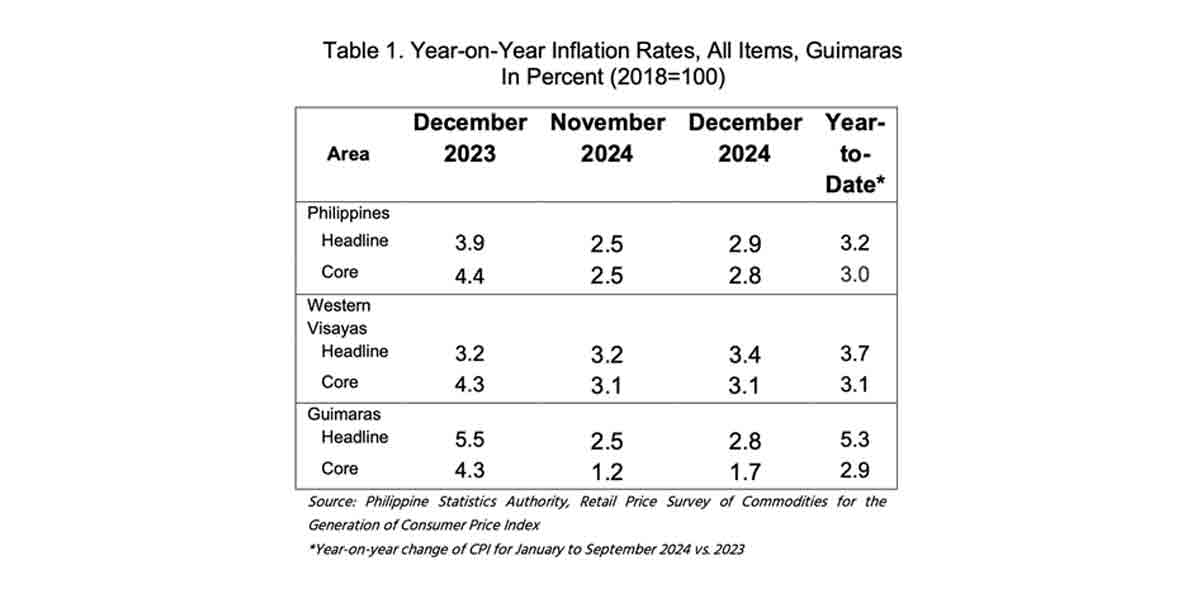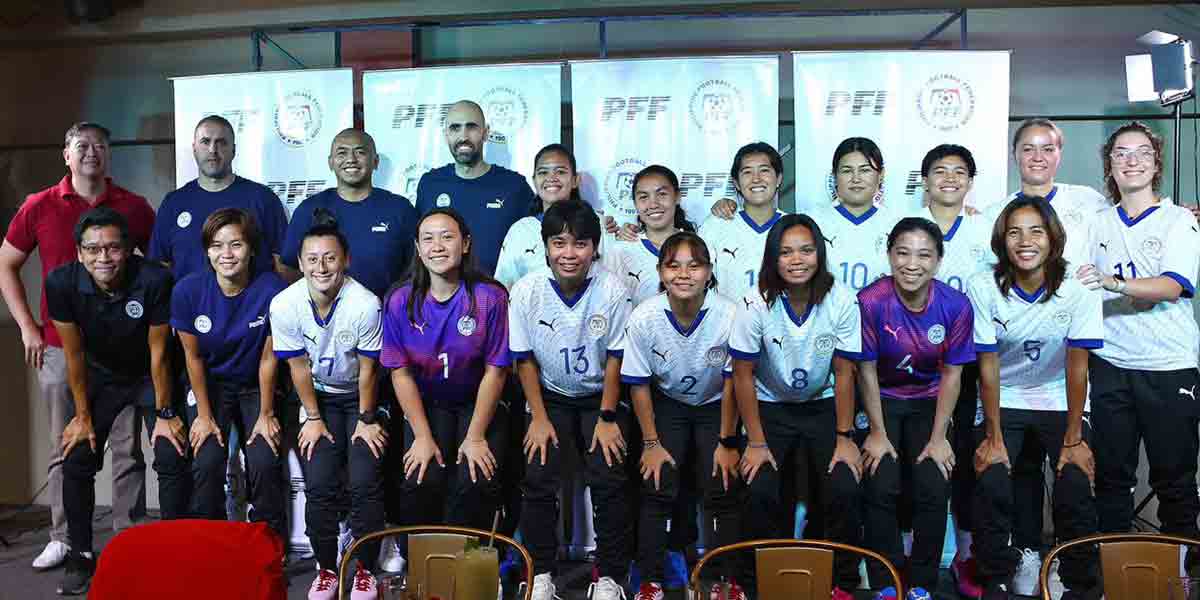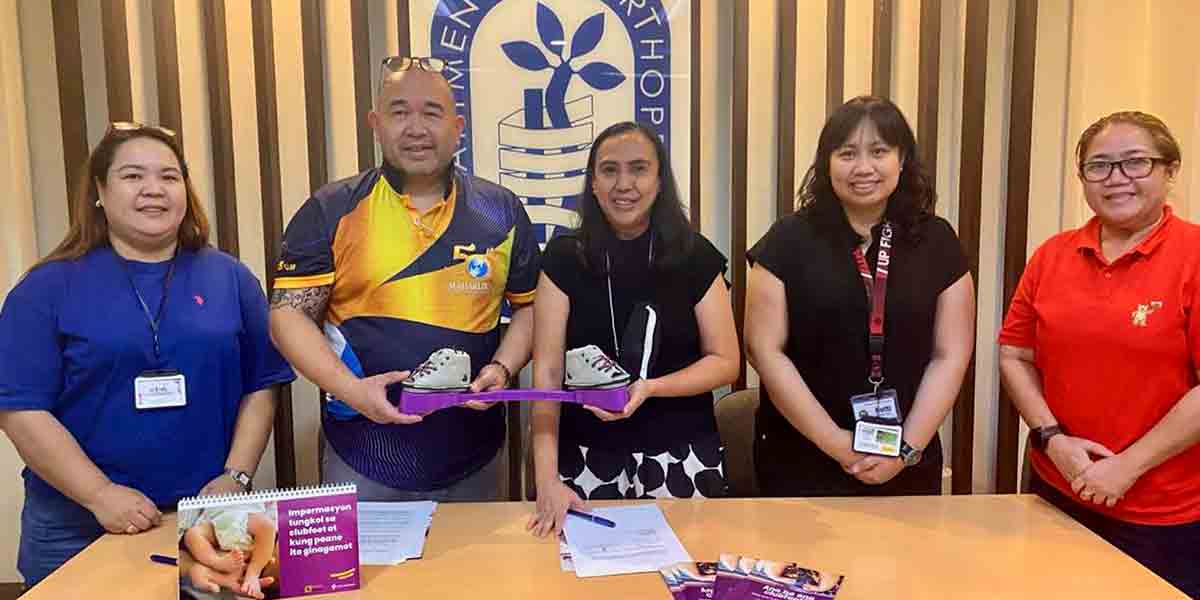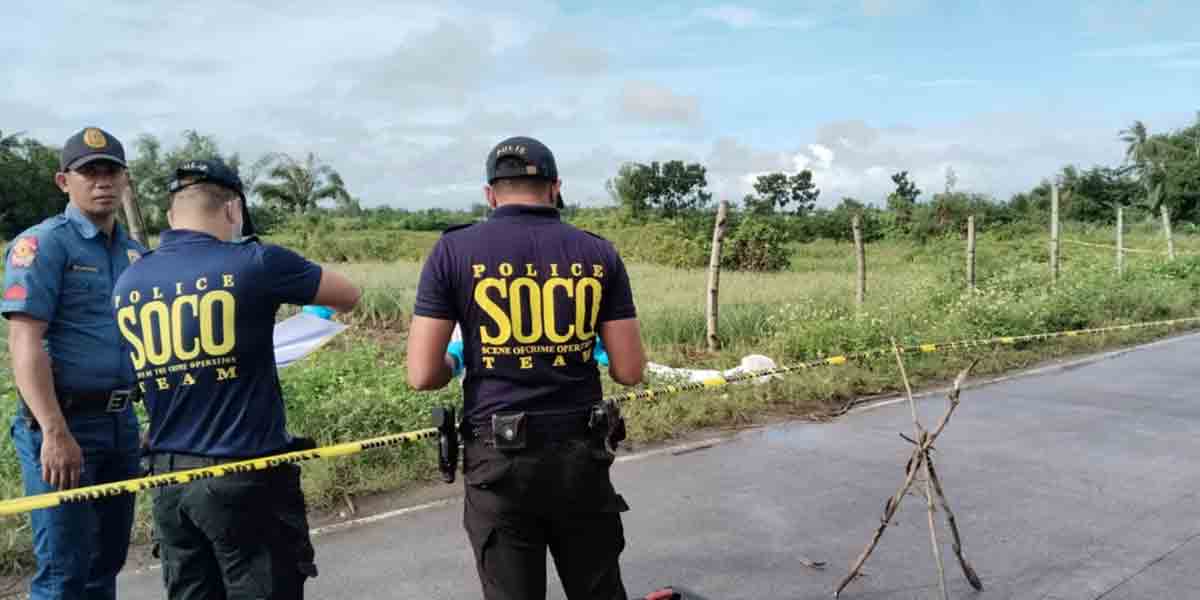From day one of Senate deliberations on the general appropriations bill, the consortium of nongovernment organizations under the umbrella of Social Watch Philippines-Alternative Budget Initiative (SWP-ABI) urged Senators vulnerable sectors badly hit by the pandemic are able to recover.
The National Economic and Development Authority (NEDA) reported that the long-run total cost of COVID-19 and the quarantines is estimated at P41.4 trillion, including P4.3 trillion in 2020 and P37 trillion in the next 10 to 40 years.
“The COVID-19 pandemic revealed and exacerbated systemic weaknesses in Philippine social and economic systems. The budget should now prioritize investments for health, education, social protection and job security of the poor and vulnerable population who were badly hit by the quarantine and lockdown restrictions,” said Professor Ma. Victoria Raquiza, Social Watch convenor.
SWP-ABI proposed reallocation of a total P407.386 billion based on the National Expenditure Program (NEP) to increase investments for critical programs for poor children, senior citizens, people with disabilities, farmers and other impoverished population badly hit by COVID-19.
Among the proposed realignment are the reallocation of P25.6 billion from the P51.2 billion Special Purpose Funds (SPF)-Local Government Unit (LGU) Support Fund and reallocation of P6.5 billion from the P13-billion Contingent Fund-Fund Subsidies for Contingencies.
“The Local Government Support Fund contains huge allocations which are lump sum and discretionary in nature, LGUs will already be receiving increases in their Internal Revenue Allotment because of the Mandanas Garcia Ruling. Meanwhile, the Contingent Fund is also considered a lump sum allocation. Government contingencies has been receiving P13 billion funds annually since 2018 but Congress is yet to inquire on the “funding requirements of new or urgent activities or projects” lodged in the Special Provisions fund,” Raquiza said.
“We recommend that portions of these amounts be reallocated for the citizens’ proposed budgets for social development and social protection, which are enshrined in the people’s alternative budget proposals,” she added.
The group said that realigned funds can be used to add P4.7 billion to the P23.5-billion Social Pension Budget to include more poor and vulnerable senior citizens.
“COVID-19 has greatly impacted older persons, as the risk of serious illness and death increases with age. We know that older peoples’ susceptibility and vulnerability to COVID-19 and other illnesses are compared to their generally weakened immune system and underlying medical conditions which are oftentimes made worse by their poor economic well-being and low access to health programs and services which was the case even before the COVID-19 pandemic strikes,” Raquiza said.
Raquiza emphasized that the Department of Health (DOH) has reported that, on Sept 19, 2021, the elderly comprised 14% confirmed cases and 63.1% of deaths caused by COVID-19.
“Increasing the budget of social pension will provide protection for older persons who are greatly affected by the pandemic. In the absence of an adequate social protection system many older Filipinos will be forced to choose between trying to earn an income to survive, and thereby risking their lives, or to stay at home and have less/nothing to eat,” she explained.
The Asian Development Bank has reported that the number of poor Filipinos has increased from 17.7 million in 2018 to 22 million in 2020.
Meanwhile, the Social Weather Station survey revealed that the country’s average hunger rate in 2020 reached an all-time high of 21.2 percent.
SWS estimated that hunger incidence in the Philippines increased from 2.1 million households in December 2019 to 4.2 million households in May 2021. Moreover, based on the National Economic Development Authority 2021 data, one in four Filipino is hungry.
Hence, the NGO consortium also proposed doubling the Department of Social Welfare and Development (DSWD) supplementary feeding budget from P4.2 billion to P8.4 billion in order to increase the number of pre-school children served from 1.8 million to 2.6 million children.
The group also raised the need to add P1.5 billion to the Department of Education’s P3.3 billion budget for the School-based Feeding Program to be able to provide daily meals for two million children in kindergarten.
They also proposed additional P336 million to the DOH budget for assistance to seven thousand barangays with high poverty incidence through breastfeeding and child nutrition; as well as additional P100 million for the Population Commission’s Adolescent Sexual and Reproductive Health Program so that it can increase the number of couples reached from 1.2 million to 4.2 million couples.
Meanwhile, to address the loss of livelihood due to the pandemic, the SWP-ABI called for realignment of P586 million to the DSWD’s budget for sustainable livelihood program.
The group also called for realignment of PhP 10 billion for sustainable and organic agriculture, including the formulation of a new Organic Agriculture Road Map, to uplift the lives of farmers. Based on the International Labour Organization’s study on COVID-19 impact on the Philippine labor market, there are 10.9 million workers who are likely to face job disruption due to the pandemic.
Children have to be protected from abuse, neglect and exploitation; unfortunately many cases of this sort against children have worsened during the COVID-19 pandemic.
Amounting to a grand total of P1.02 billion, SWP-ABI proposes a P22.2 million budget to augment the budget for the DepEd Child Protection Program and its Child Protection Unit, P979.14 million for Child Labor Prevention and Elimination Program and Livelihood Assistance to Parents of Child Laborers, and the provision of plantilla staffing positions for Women and Children Protection Units of seven DOH hospitals amounting to P22.3 million.
“The Government is speaking of recovery and building back better. Let the 2022 national budget walk the talk. Our pandemic experience has revealed what our real priorities should be– caring for our people, especially the most vulnerable. Let us prove ourselves equal to this moment. Let us match our policy rhetoric, not only with action, but as importantly with the much-needed funds,” Raquiza said.




